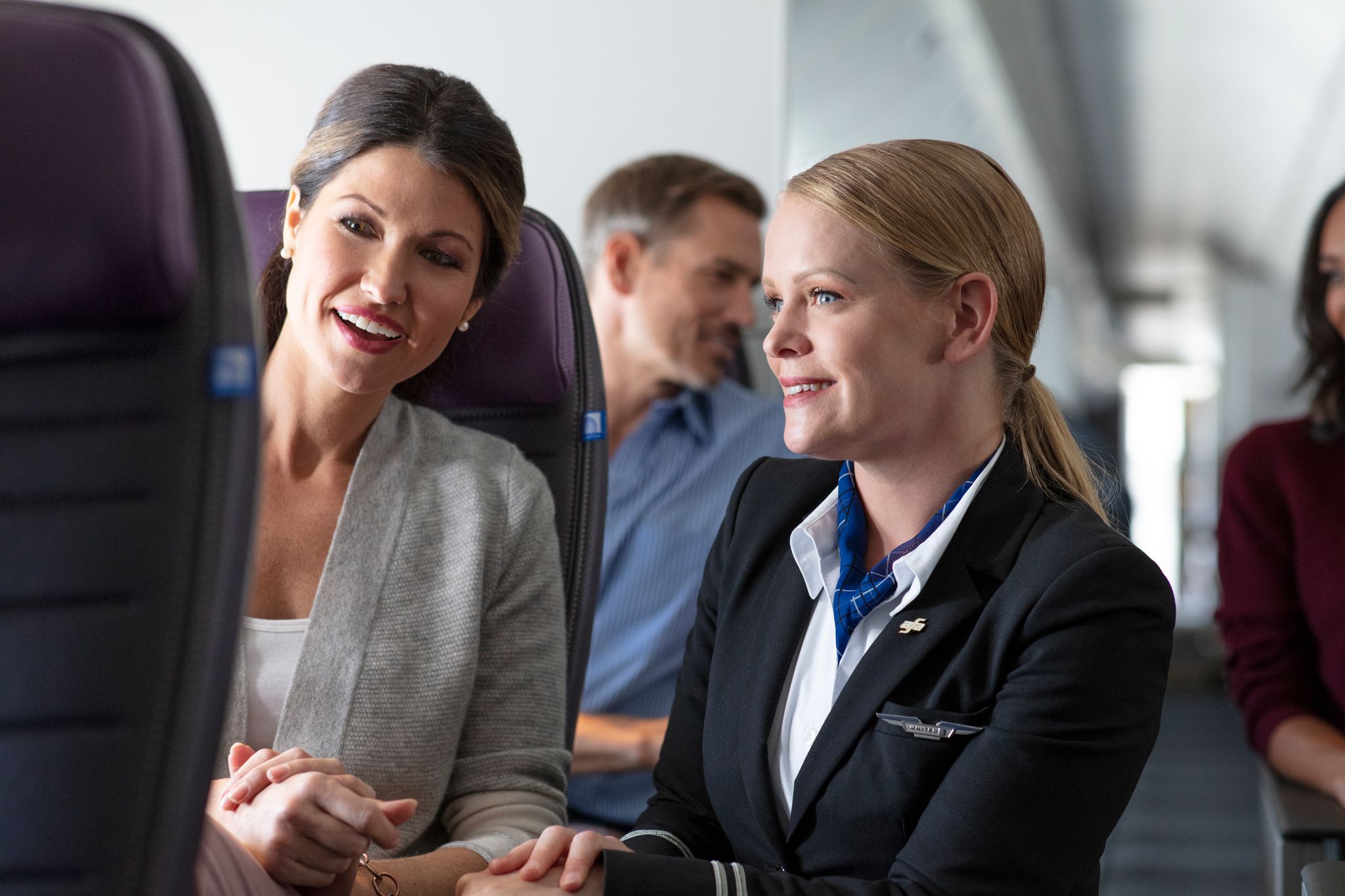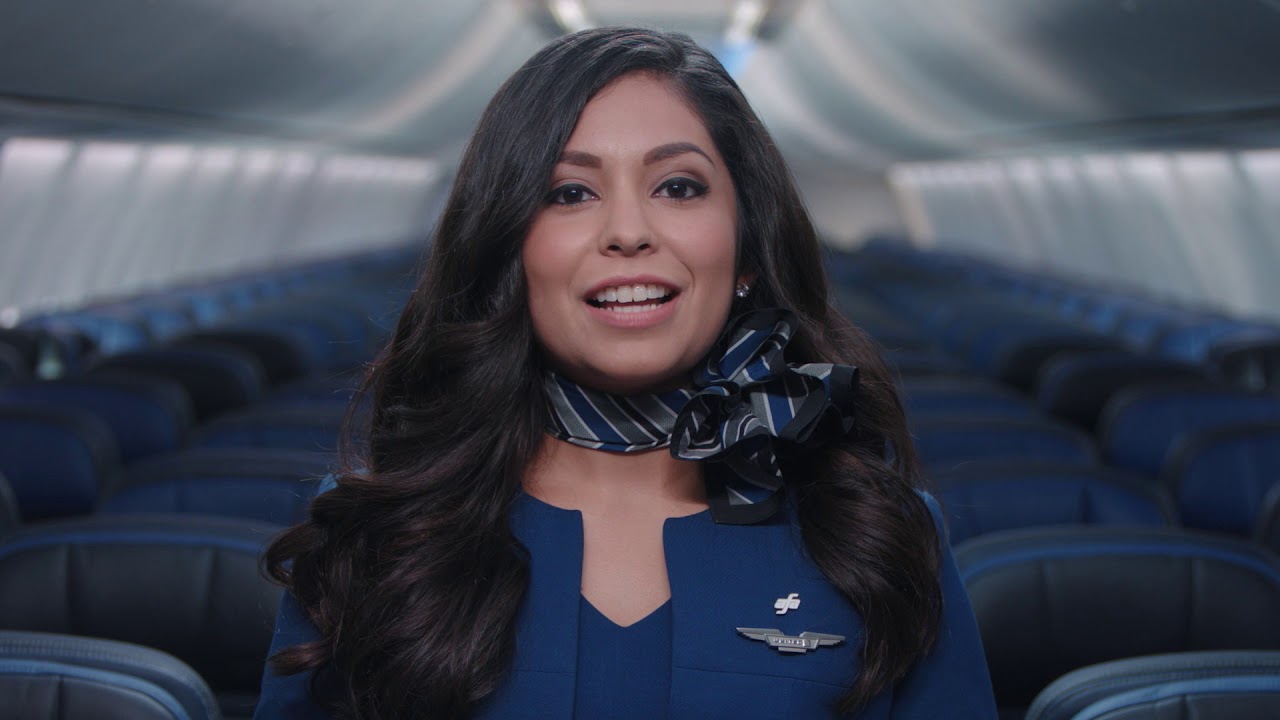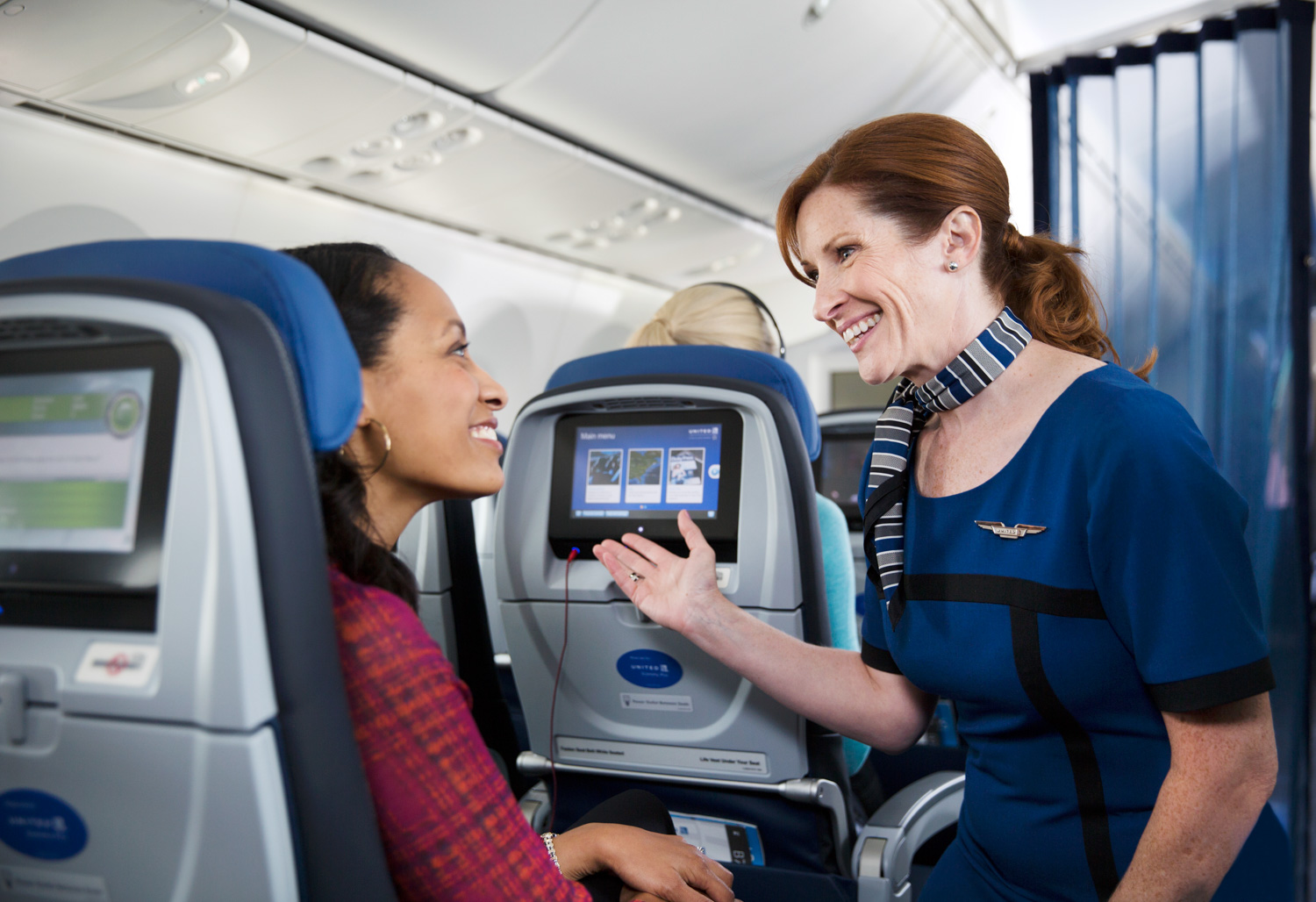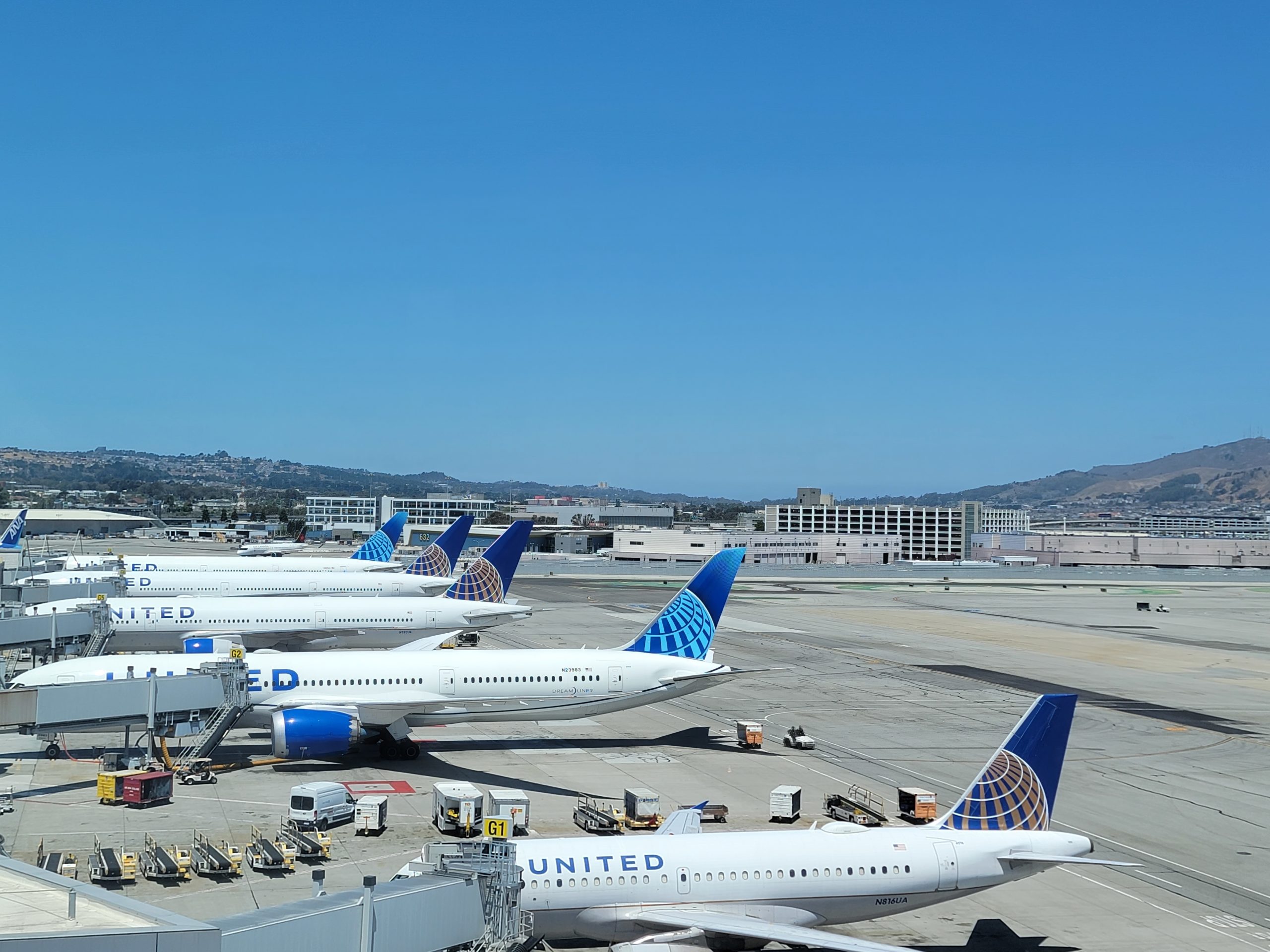The United Airlines flight attendants union sent out a message to cabin crew telling them not to reject a contract that gets sent to them under the theory that it’s always best to turn down the best deal. This suggests to me that the believe a contract is close. United’s flight attendants haven’t had a raise in over five years.
UA: Hearing that AFA just sent out something to the effect of “don’t vote no on the first TA”
— JonNYC (@xJonNYC) May 2, 2025
— Matt Maszczynski (@yourownkanoo) May 2, 2025
The union says whatever contract they bring to members is the best they believe they can do. And if contract gets rejected it takes time to negotiate further. Usually not that much changes in whatever gets negotiated after the first rejection (though I’d add it will be marketed a sfundamentally different in order to get flight attendants to change their positions to vote in favor).

In the current environment, though, the two major reasons not to vote down an agreement are:
- Leverage disappeared with the Trump administration. Strikes were a stalking horse during the Biden administration, which was viewed as the most pro-union in decades. In the airline industry they need to be signed off on by the President – first because they need to be authorized (‘cooling off period’) by the National Mediation Board, a majority of whose appointees will be the President’s supporters, and second because the President can send parties back to the bargaining table (and so gets blamed by passengers for interrupted travel if they do not do so).
- The economy appears headed south. That means any deal now is likely to be better than what can be achieved as airlines begin contracting and cutting costs. In one of the most vicious labor disputes in recent memory, American Airlines reached a contract with its mechanics and fleet service workers at the end of January 2020. They were voting on it in March 2020 as the pandemic ramped up. Over 90% of mechanics and over 90% of fleet service workers voted to ratify at the end of March because they’re not stupid (the other 5% – 10% in each group are tough to explain).

The way that airline union contracts work is they never expire. They become ‘amendable’. That means when a contract ‘ends’ the status quo continues to prevail, so there are no raises during the time it takes to negotiate a new deal. United cabin crew have seen the value of their wages eroded by inflation without any increase for years. In contrast, Delta flight attendants have the highest total compensation and have received annual raises every year since the pandemic without collective bargaining.
It’s likely that some final differences between United and AFA-CWA will be glossed over by the union to get a deal over the finish line, recognizing that their leverage fades with the economy and under the Trump administration. The union let go of their negotiators right after the election and put in a new team.

The old negotiators for United’s flight attendants had slow walked the process. The union’s strategy was to have American Airlines flight attendants do a contract first. That would set a bar that United cabin crew could negotiate up from. Even though American’s flight attendants are represented by their own independent union, the AFA-CWA lent them their top negotiator Joe Burns. Then, if American flight attendants wound up going on strike, it was another union’s members feeling the pain to set that higher compensation bar. Then Burns moved over to do the United negotiations as part of these changes.
Here’s what they asked for:
- They are asking for 3% – 4% more than what American Airlines flight attendants just won.
- The bigger percentage increases are for more senior crew, who already earn more.
- And they are asking for bigger future raises, too. American flight attendants get future-year raises of 2.75%; 3%; 3%; and 3.5%. United flight attendants are asking for 4%.
- And they want these raises year after year. Traditionally there’s a fixed end date to the contract, and wages are frozen until there’s a new contract. That’s why American flight attendants had gotten their last raise in January 2019. Many American flight attendants now worry that their next deal will take four years to negotiate, during which they’ll be without raises.

It will be interesting to see what final contract terms are when the union reaches a deal with the airline that’s sent to crew for ratification.


UA has not reduced its guidance based on actual economic data; they continue to report strong bookings at least through the 2nd quarter, as all other int’l carriers are saying. Their two pronged guidance is based on a recession. Yesterday’s jobs report and recent consumer spending reports says the US economy has not deteriorated significantly. There has been some likely pull forward spending on foreign goods to avoid tariffs.
of course, the difference between the “ask” and the “negotiated” can be huge.
It is reasonable for the AFA to ask for more than what AA FAs got; they should also get more retro including their share of profits because of the lower salaries that UA paid across the board.
DL’s latest pay increase of 4% is undoubtedly their contribution to the talks and to ensure that the AFA or at least line FAs know that a union doesn’t get you higher raises.
some sources say that UA caved on using preferential bidding for FAs which increases efficiency and is used by many airlines’ pilots. FAs are easier to schedule since they can fly multiple aircraft types, unlike pilots, but PBS still brings more efficiency to the process. AFA also objected to some of UA’s demands about reforming sick time use. let’s see where those two items end up.
a new contract for UA FAs should cost the company at least a couple hundred million more in annual labor costs per year on top of retro pay that should be north of $600 million based on what the APFA got for AA FAs.
and UA mechanics also are trying to negotiate a contract after rejecting the first offer.
UA unions are famous for being manipulated by management to bring weak proposals to the members. If this is a weak proposal, UA FAs need to reject it and demand that their leaders bring a decent contract to the table.
Is Scott Kirby not the highest paid CEO and United flight attendants are the lowest paid legacy flight attendants? Is this correct? If a quality agreement is not reached then vote no and the union should not be telling anyone how to vote or pressuring anyone especially if they can not actually secure a tentative agreement that is in fact “Industry Leading”
United is #2 in profits behind Delta so they have the money to pay their employees accordingly
There might be a bigger impact to UA”s finances as a result of cancelling 35 flights/day at EWR for the next 6 weeks or until the EWR runway construction is completed than there is from weakness in the economy.
UA is once again finding that their one airport NYC hub strategy doesn’t work at EWR. UA has repeatedly tried to operate more flights than EWR can handle. ATC needs to do their part but EWR simply is not capable of supporting the number of flights that UA needs to operate to remain the largest airline in NYC based on number of flights. DL’s 2 airport (LGA/JFK) hub strategy has allowed DL to become the largest in NYC based on flights and domestic share.
UA might well sign a deal w/ its FAs this quarter, watch labor costs soar involving taking a charge for retro, and then blame their reduced earnings on the FAA. UA mgmt has never been able to admit they miscalculated their strategies or they playing w/ labor has impacted their earnings.
There may be a delay in moving forward with the contract proposal as they will need to negotiate besides boarding pay but add “check the cabin for sleeping or in the lav passengers” pay since they stop getting paid when the front door opens.
Why not just negotiate an agreement where the FA’s get whatever percentage pay increase for however long both parties can agree to, then have a substantial increase annually as a default when the initial term ends? For instance, 3% increases per year over the next 4 years then a 5% annual increase every year after that unless a new contract supersedes that condition. Such a contract would motivate United to stop dragging their feet year after year on new contracts but wouldn’t be so rich that the union would intentionally delay things either.
The last raise was less than 5 years ago.
@jns remember that the last raise came a year BEFORE the contract became amendable, so it’s been 5 years (the last time they received a raise was at the start of the final year of the contract)
Christian,
unions would love to be able to lock in automatic pay raises even after a contract becomes amendable but they could also lock themselves out of larger raises.
The company could lose the ability to extra efficiency gains.
Either way, it is a huge slap in the eye of unionized airline labor that DL can manage to give its non-union employees annual wages outside of major macroeconomic events such as covid but those same events become defining lines for management and labor at other airlines to devolve into 5 years of arguing with labor never regaining what they lost.
and in the case of UA, it has so many labor groups that are or will be overdue pay raises that it comes down to prioritizing settling w/ the groups that will make the most noise and impact to the business.
@Gary Leff, this is what I wrote on April 29 about your post on the same date that included the same subject: “The 2016 to 2021 amendment to the contract was signed on 28 August 2016 and per the implementation documents, the yearly pay increases (page 28 of the amendment) were effective upon signing (search online for the documents as I did and I did not see anything indicating that another date was the date of the yearly increases). The last yearly pay increase would have occurred on 28 August 2020. So 28 August 2021 would be 1 year without a yearly pay increase. 28 August 2022 would be 2 years without a yearly pay increase. 28 August 2023 would be 3 years without a yearly pay increase. 28 August 2024 would be 4 years without a yearly pay increase. 28 August 2025 would be 5 years without a yearly pay increase. The flight attendants have not gone 5 years without a yearly pay increase. Further, there are step raises for those still moving up steps. Some flight attendants have been getting those yearly raises since they started and are still getting them. I agree that some flight attendants, but not all, haven’t seen a raise in 4 years 8 months.” A search of the contract (I downloaded a copy to check) on DOS (Date Of Signing) will show that the first base pay increase on the then new contract was the First day of the Bid Period following date of signing (DOS) (item 18 on page 346.)
@jns
4 years and 8 months is literally 4 months shy of a year lol. By the time voting comes around it’s going to put them probably right around the 5 year mark. That’s if it’s not a crap TA it could go on for even longer